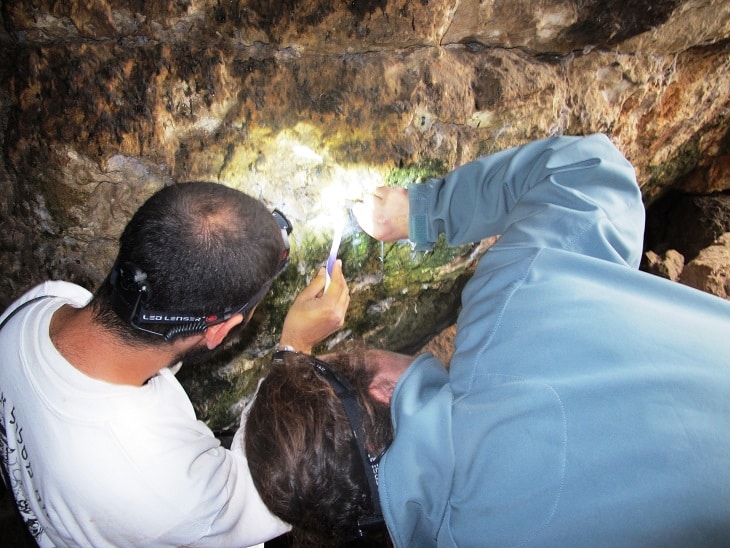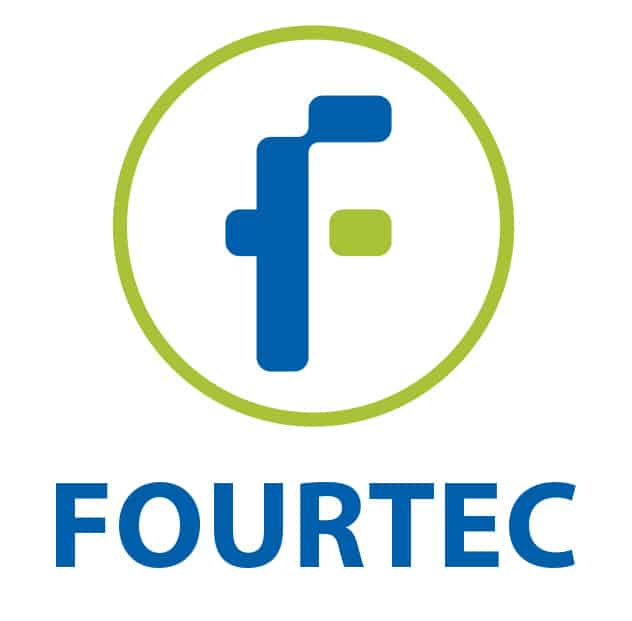Picolite Solution: Monitoring data within arachnid inhabited caves for academic research

About the Customer:
The Hebrew University of Jerusalem is Israel's premier university as well as its leading research institution. Efrat Gavish-Regev, Ph.D. is the Scientific Collection Director for Arachnida & other terrestrial arthropods within the department of National Natural History Collections at the Hebrew University of Jerusalem where she headed a joint research project, along with her peers at the Ben Gurion University of the Negev in Southern Israel. The purpose of this project was to explain the existence of the various arachnid species at various locations across the country according to the ecological and geographical variables at these sites and to discover new arachnid species.
Key Customer Challenges:
Monitor and record temperature for a 4 month period in outdoor environments. Report creation to be distributed for statistics and historical data analysis. Find a low cost solution to comply with to institute budget restraints.
Solution Implementation:
Over 100 PicoLite data loggers were placed in 33 caves at various sites throughout Israel, from the Northern Galilee to Southern Eilat. In the larger of these caves, 4 units were placed as follows: on the outside of the entrance to the cave, in the inside of the entrance to the cave and in the middle of the cave (known as the twilight zone) and at the very back of the cave (known as the dark zone). In the medium sized caves 3 units were placed as follows: on the outside of the entrance to the cave, in the inside of the entrance to the cave and in the twilight zone. In the smallest of the caves 2 units were placed on the outside of the entrance to the cave and in the inside of the entrance to the cave only. During the months March - June the indoor cave temperature ranged from 7°C to 32°C. Outdoor temperatures reached over 40°C. Data was monitored with PicoLite - II - 16K internal temperature sensor at a sampling rate of one per hour.
Measurable Results:
The Picolite devices are IP68 rated ie: dust tight and protected against complete, continuous submersion in water which meant they could be left outside for the 4 month period. Report delivery capabilities mean that the data could be transferred in report format (both Excel and PDF) and delivered to a pre-selected distribution list. The Picolite device has been created as a low-cost single trip solution providing the same high accuracy and robustness of multi-use devices, so low cost without a downgrade in quality. Active research programs are able to build and curate collections to serve the diverse needs of scientific communities by building, maintaining and improving the collections database. This study was supported by The Israel Taxonomy Initiative (ITI) Biodiversity surveys grant.


